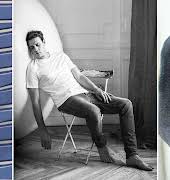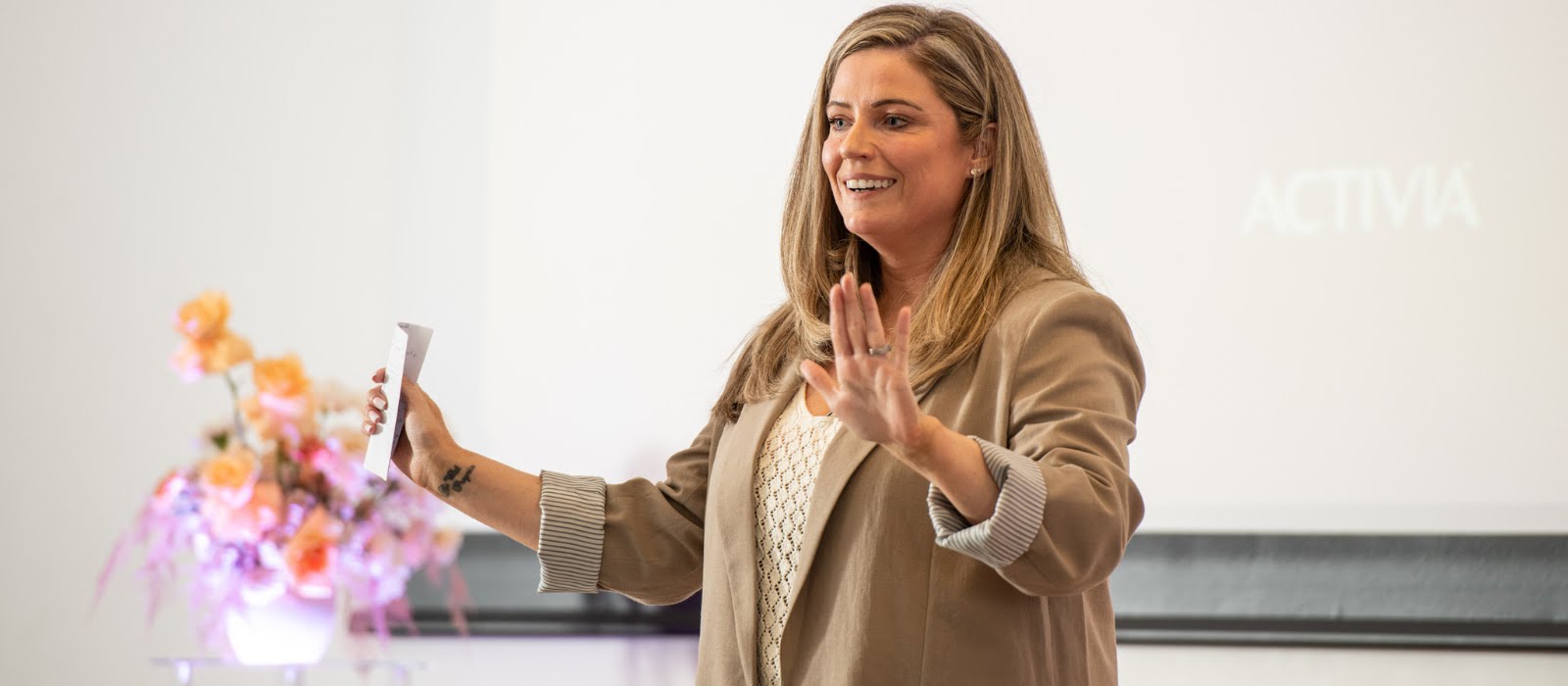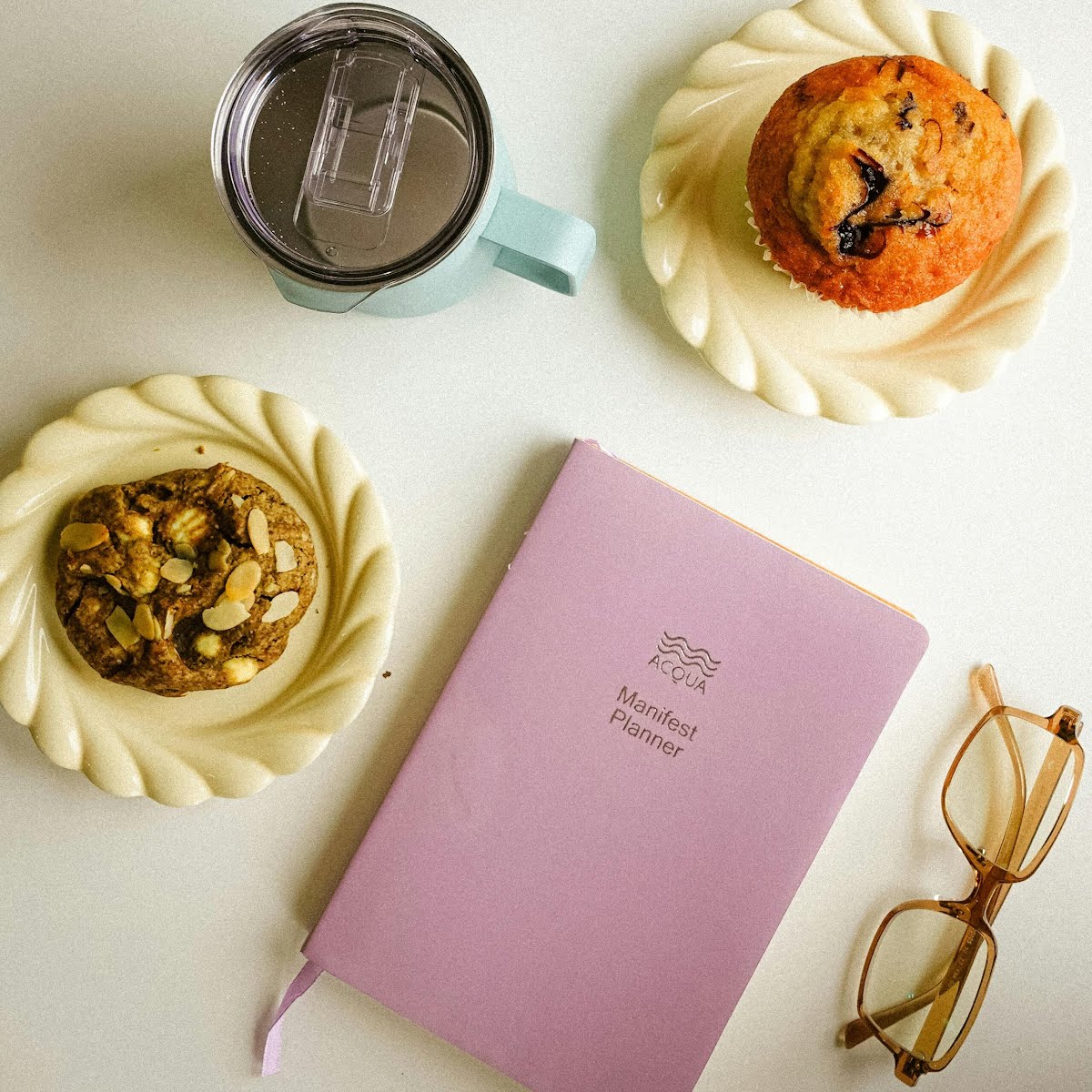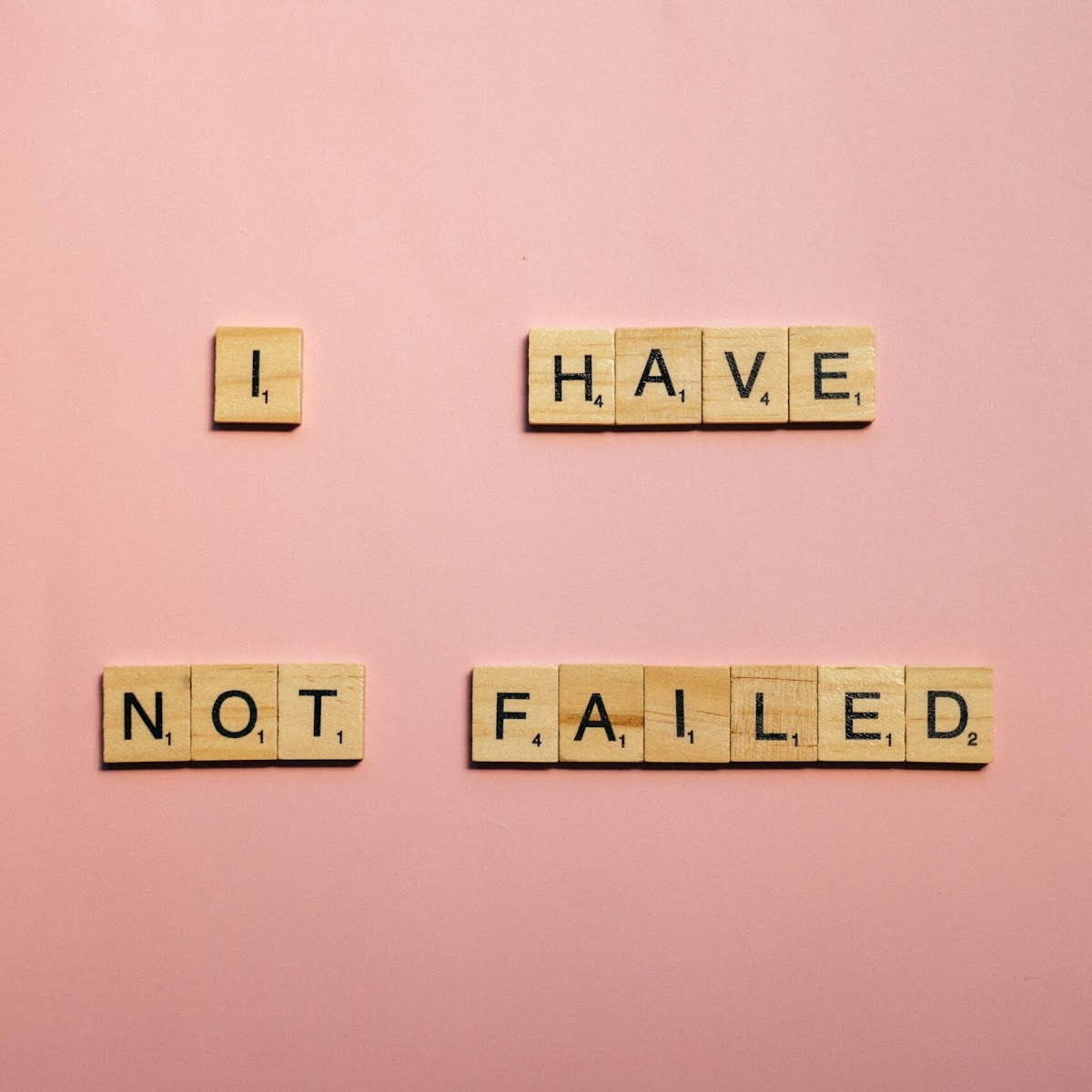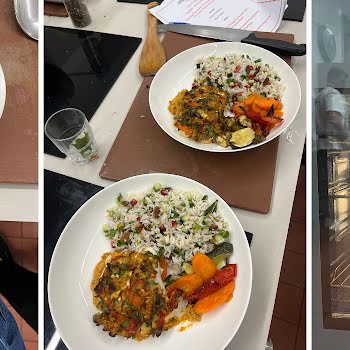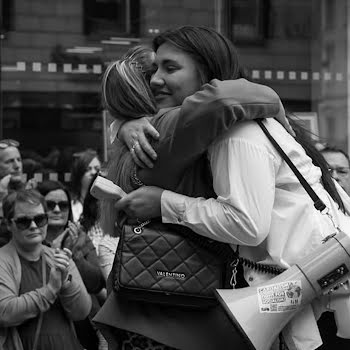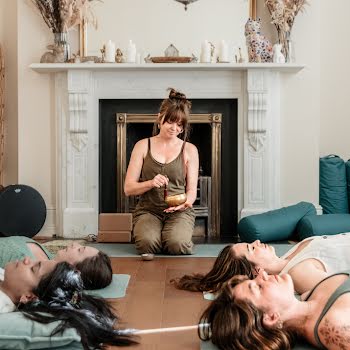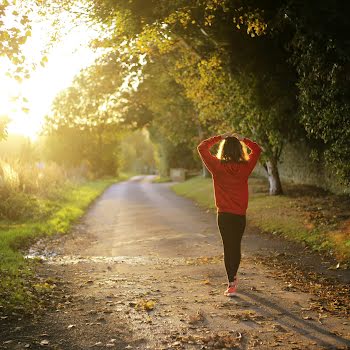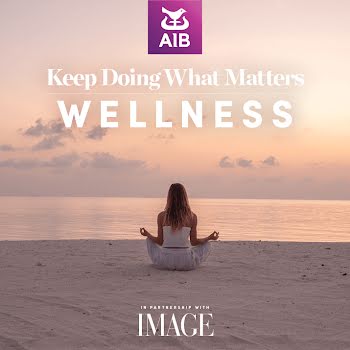
Photo: Dora Kazmierak
Transformation Coach Tara Rafter on the powerful practice of gratitude


Stuck in a cycle of self-doubt and negativity? We ask transformation coach Tara Rafter how we can start practising gratitude in an impactful way to find joy again.
Most of us have tried journaling as a gratitude tool, but it’s often hard to make the habit stick. What are we missing?
I definitely recommend journaling, there is so much research and scientific-based evidence to prove that when we write something down it changes the way our brain perceives it. So often a client will say to me they have a thousand balls in the air and when we take out a pen and paper in a session they realise that there are four balls and suddenly they seem so much easier to manage.
Lots of people I chat with are afraid they will get journaling wrong and from what I’ve seen, you can’t as long as you’re being honest. I keep it really simple, I find it best before I go to sleep (everyone differs on the best times of the day, you do you) I write down the word “thoughts” and I write down really briefly what thoughts are in my mind. I then go through them and notice which ones are in my control and which ones are not – if they are in my control I write down at least one action I could do and if they are not in my control I put a line through them (instant relief).
I then write down the word “feelings”, and I do a body scan to notice what physical feelings (eg pain in my shoulder) or emotional feelings (anxiety in my stomach) are present and I begin to get curious, not judgmental or critical, just curious about what attention they might need. I leave my journal on my bedside table to keep the habit installed through visibility, but you can set an alarm on your phone until the habit is automatic for you.
I also have clients who love to talk it out, they have voice recorder apps on their phones and they go for a walk, chat away like they are on a call and then listen back to themselves – first time listening back with curiosity, second time as if they were listening to friend saying it all and they notice how it sounds and what they would say back. This works a treat for lots of people.
Stay tuned for Tara Rafter’s episode on The Wellness Project Podcast
Let’s talk about affirmations. They can often seem a bit silly saying them to yourself. Do they actually work? How can we make them a regular habit?
Affirmations are really powerful because the language contained in them especially an “I am” statement has a powerful emotional and sometimes physiological response in the body, but from what I’ve seen, to truly feel the benefit of them you must run them alongside the action, which compliments or aligns to them. When we say “I am enough” we can’t expect change when we continue to move through the world exactly the same way, day in and day out, with no change to echo the affirmation.
Affirm + Action = Change
To make them a regular habit practice “habit stacking” them on top of things you are already doing automatically in your life on a daily basis without even having to think about it. The shower is a brilliant place to do some affirmations (away from the water of course, although there are waterproof ones available) and practice saying them to yourself. The brain learns by repetition, so the unison of the words and the actions together is where change can begin.
For those of us stuck in the habit of negative thinking and self-doubt, how can we break the cycle, focus on the good and find motivation?
You are not your thoughts first of all, if you can begin to see them like waves washing onto a beach you’ll see that you can choose to sit on the sand and simply become the observer of them. Eckhart Tolle’s book The Power of Now has some brilliant insights into this. Begin to think of your thoughts from a curious perspective.
According to a study done in 2020, we have on average 6,000 thoughts a day. Your brain pretty much has one overall job and that’s to keep you alive so it is going to pay the closest attention to the “negative” thoughts in case they hold potential danger. I think knowing that is so helpful; it’s like a security guard in there tracking for danger all the time. You can choose to smile at it and say, “Thank you, brain, for doing your job but what would be really helpful here is…” and then take action.
Dr Joe Dispenza talks a lot about focus through meditation and training your mind, and his book, Breaking the Habit of Being Yourself, is one I recommend time and time again.
Remember, motivation comes from action and also from making sure you have the capacity within your body to take action by minding yourself physically, emotionally, psychologically and spiritually.
What other gratitude tools do you recommend? Any that you use personally?
I love immediate gratitude, when you open your eyes first thing in the morning to feel the immense gratitude to be here on this giant floating ball in the sky for one more day. After all, time and tide wait for no one. I think because I’ve lost people in my life that I’ve loved so dearly I know the pain of wanting just one more minute with them.
I also love picking three things in the morning that I’m looking forward to that day, maybe it’s the first sip of coffee, the sound of the birds, or seeing my friend… this sets the brain up to track for the joy when it arrives but it also gives us an immediate hit of it just by thinking these thoughts and using our imaginations.
Finally, last thing at night it can be a beautiful practice to give thanks for the most valuable lesson you learned that day. Not all that you got done but what you learned about yourself, someone else or the world.
How can I find the best gratitude practice for me?
Notice what practice feels the most comfortable for you. We all tune into our senses differently; we all learn differently – some people are really visual, some are auditory etc. From this, notice what brings the purest, most impactful emotion and then get curious about which practice helps the feeling to linger the longest. Sometimes it can be as simple as picking three things that you are grateful for when you are sitting at a red traffic light; don’t overcomplicate it. So often the simplest pleasure is in the normal, random, everyday stuff that we take for granted.
How can we take action and actually practise these in our daily lives?
Ask yourself what support would be helpful. If you wanted to change your teeth in some way they would need the support of a brace – changing our actions and behaviours is the same; they need support. Maybe you need an accountability buddy, maybe you need a Post-it on your mirror, or maybe it needs to be the new screensaver in your phone… ask yourself where you can insert this practice with little effort and maximum impact.
What about for those with a busy schedule?
I think simplifying the process so it takes as little time as possible is really helpful, setting yourself up for success by having whatever tools you use always at hand in the same place if possible and choosing to change your language around it.
Instead of saying, “Oh, I have to do this”, trick your brain by saying, “I can’t wait to do this; it fills me with energy; it helps me be more present and appreciative of the people I love”. Your brain loves exciting, positive, present-tense language.
The IMAGE Wellness Project is powered by Meaghers Pharmacy and in association with Activia, its4women, Irish Life Health and KIND. Visit our Wellness Hub to follow weekly updates including interviews, videos and podcast episodes with our leading wellbeing experts.



